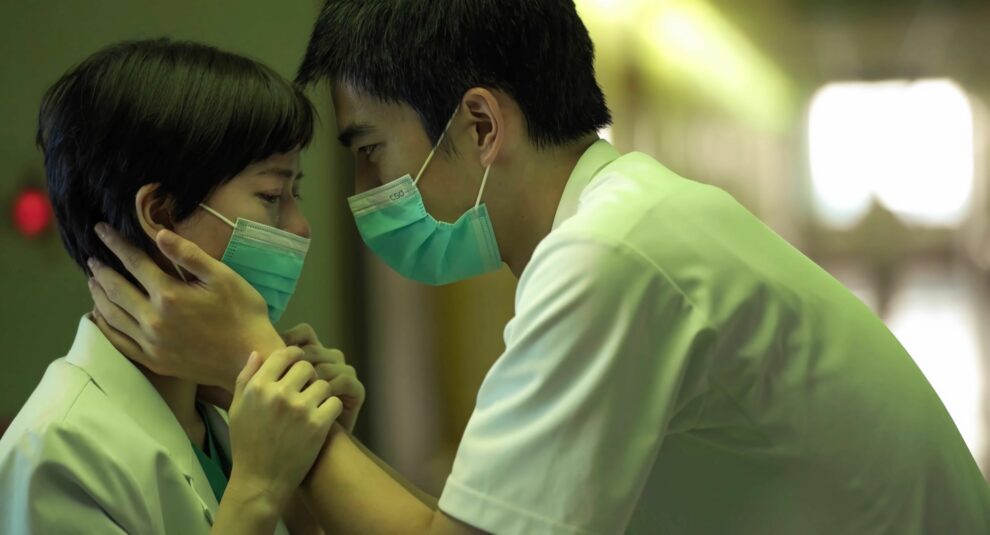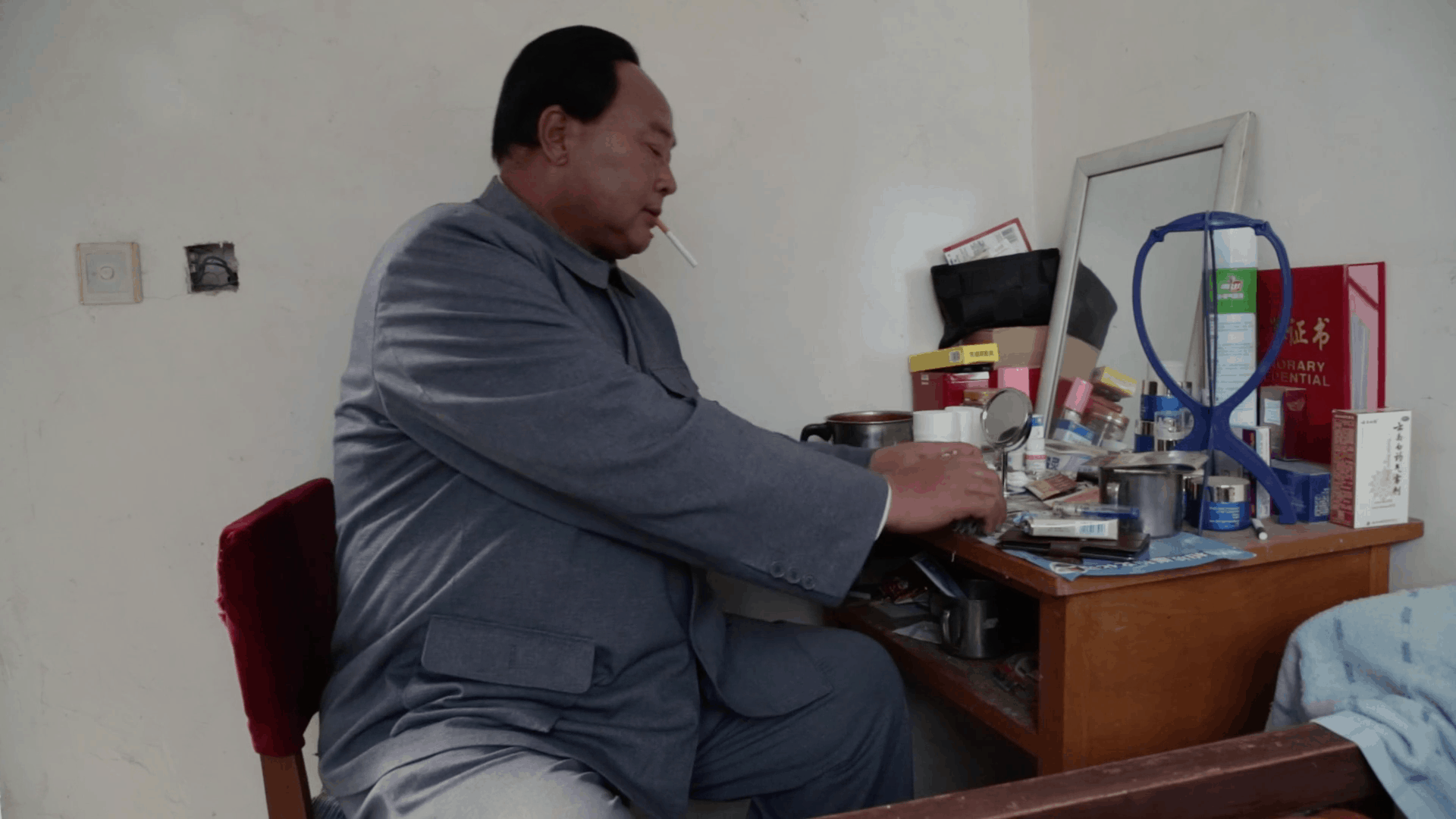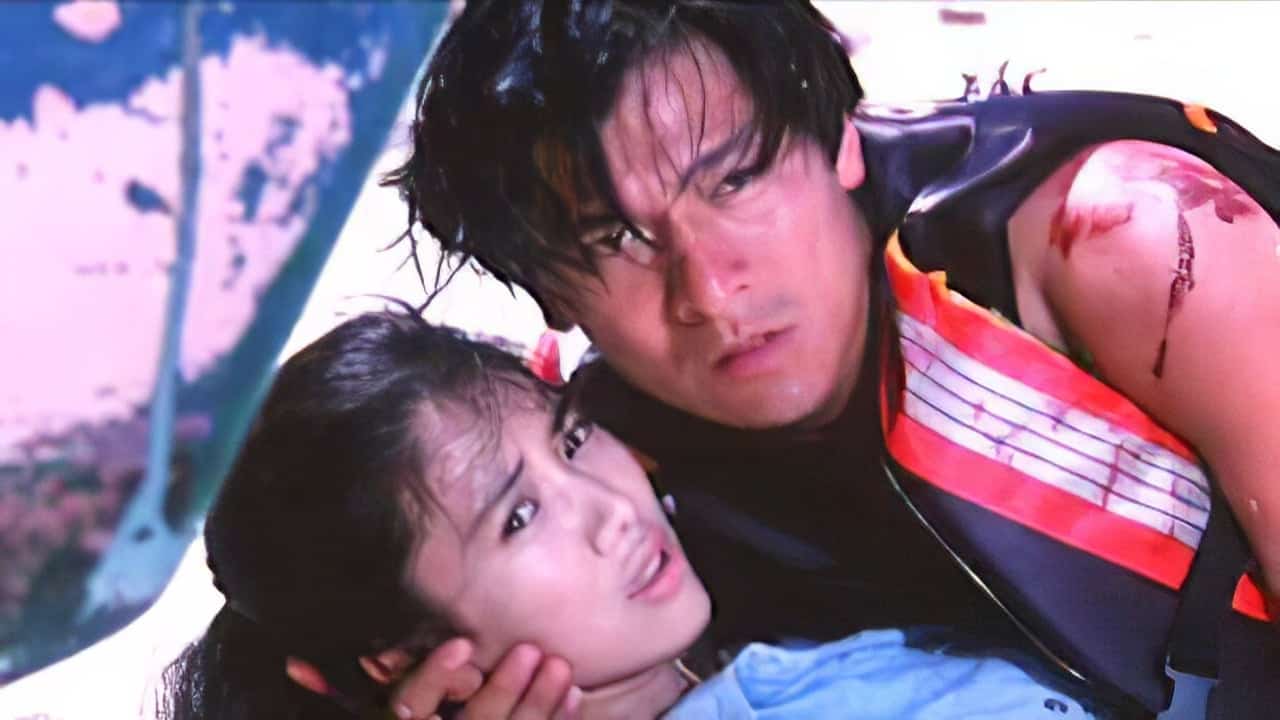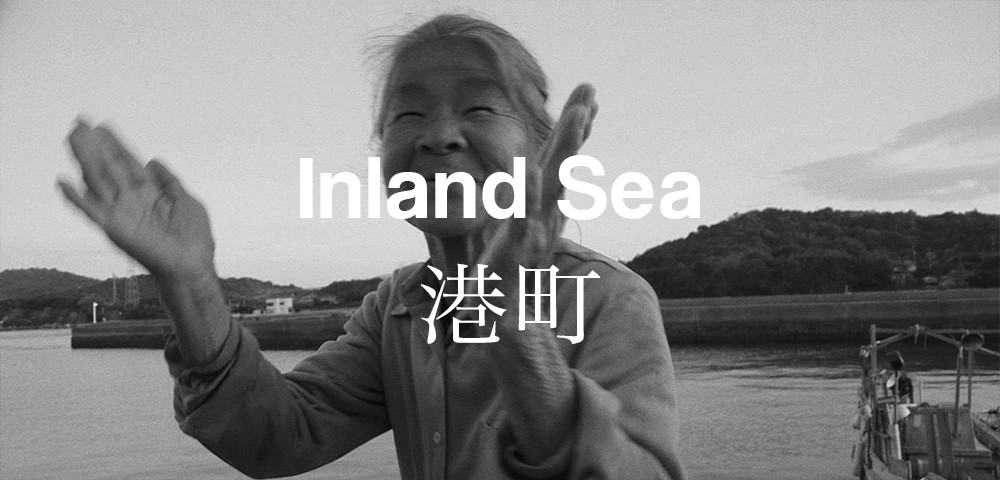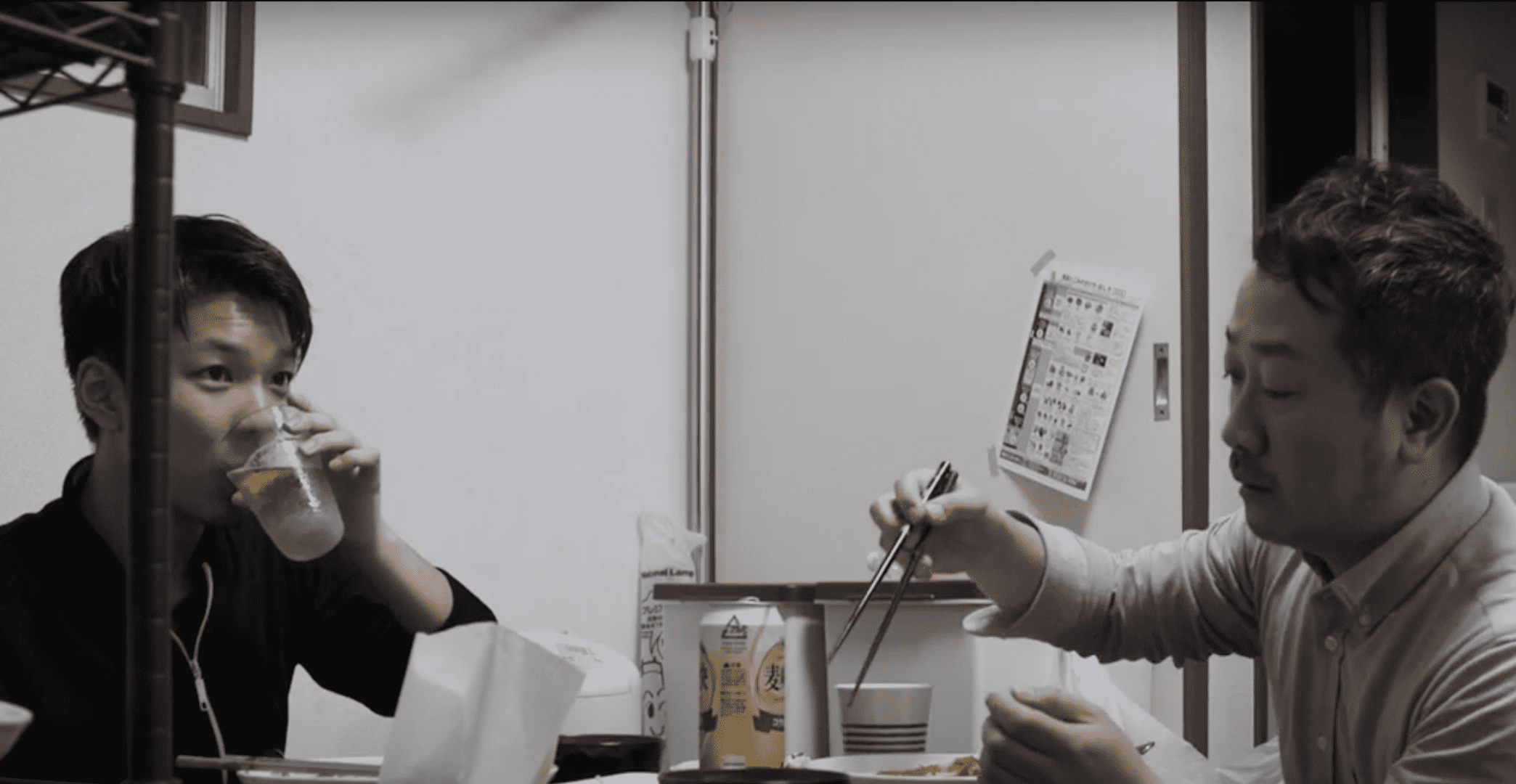Considering the amount of movies we have seen about Covid the last few years, finding one that deals with 2003 SARS is actually surprising nowadays. Lin Chun-Yang, however, decided to do just that with “Eye of the Storm”, a movie that takes place almost exclusively within a hospital, during the particular pandemic in Taiwan.
Eye of the Storm is screening at New York Asian Film Festival
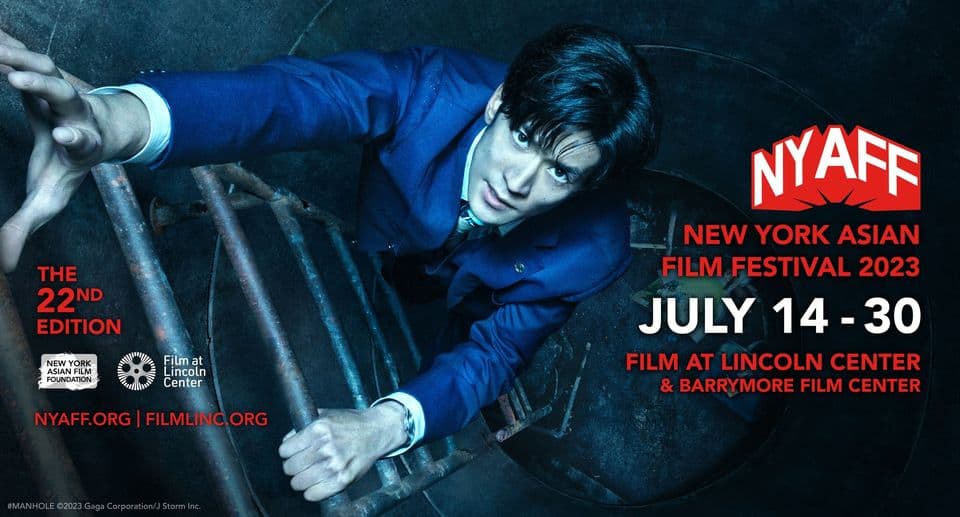
Already having issues with the wife for neglecting their family, Dr Zheng Xia, s thoracic surgeon, tries to be there this time for his daughter's fifth birthday, and even picks a taxi to take him home. However, just a few moments later, he has to return in order to deal with an emergency situation, and even worse, he finds himself stranded in the building due to the quarantine imposed when SARS is detected on a patient. Furthermore, the taxi driver, who went into the hospital to return the bag he forgot with his daughter's gift, also finds himself in the same situation. A friend and colleague of his, nurse Ang, has just announced to his girlfriend, a doctor in the hospital, that he will move to Hong Kong to join the Doctors Without Borders. She, however, is not so willing to let him go. Meanwhile, a pesky journalist, Jin Youzhong, who also happens to be Dr Xia's patient, decides to start investigating the source of the virus, and the doctor is eventually forced to help him. Meanwhile, all around the city, all hell breaks loose.
Lin Chun-Yang uses the particular concept, including actual footage occasionally, and the tension the forced quarantine brought, in order, though, to present a movie that mostly moves towards the (melo)drama), with the occasional soap opera elements and a pinch of mystery/whodunit. In that fashion, the very handsome doctor who is having family trouble for being too dedicated to his work, the young nurse who wants to leave but finds himself stranded by a (one-sided?) love, the kind, elderly taxi driver who wants to help as much as he can, frequently functioning as a catalyst for both the main protagonist and the story, and the nosy journalist, are all here, shaping the narrative of the movie. The occasionally tragic irony of how all of them ended up stranded in the hospital, particularly the doctor and the taxi driver, and the hospital ‘politics' that mostly revolve of promotions who will work when (as in any business essentially) cement the dramatic aspect here, through an approach, though, is cliched, and occasionally borders on the illogical. Granted, the role reversal “trick” of the nurse-doctor arc is interesting and even a bit funny, but it definitely does not save the whole thing.
Check also this interview
On the other hand, and particularly when it moves beyond the interpersonal relationships, the movie truly thrives. The realistic tension that the quarantine brings, as the pressure from both the inside and the outside increases, is presented quite eloquently here, with the fact that, even under these conditions, the doctors and staff have to deal with emergencies, adding even more to this sense. Furthermore, the presence of the journalist, and his cocky but persuasive demeanor add another quite appealing element, with the research he eventually undergoes with Dr Zheng, and their shocking (?) discovery working excellently for the film. It is here that the main appeal of the movie derives from, with the presentation of the conflict regarding the contact with patients that could potentially carry the virus also adding to this trait.
Jake Pollock's cinematography captures the aforementioned elements in a way that highlights the suffocation the protagonists experience, thus adding to the thriller aspect of the movie. Shieh Meng-ju's editing results in a relatively fast pace that suits the overall aesthetics, although at almost 2 hours, the movie definitely overextends its welcome, while a number of episodes (and whole arcs one could say) are practically unnecessary. Furthermore, and although the production values of the movie are on a high level, one cannot help but think that considering the story, some more crisp editing (as in the Shin Godzilla film for example) and more documentary-like cinematography (even POV) as in the case of so many horror movies, would definitely be more fitting, increasing the tension and thus making the film more entertainment and less sugary.
Regarding the acting, Wang Bo-chieh as Dr Zheng Xia acts as the star he is in the hospital, Jing-Hua Tseng highlights his inner conflict as Nurse Ang with gusto, while Chloe Xiang as his girlfriend is convincing as the hopelessly in love woman. Simon Hsueh is quite entertaining in the role of the journalist.
“Eye of the Storm” has its merits, but as a whole, it ends up being simply too much (in characters, episodes, and duration) for a single film, ending up a title that will probably only strike a chord with those who experienced the particular events first hand.


